Maureen was an established journalist when she decided to train as a physician assistant. She reflects on the joys and stresses of her new career and how being a former journalist influences her work.
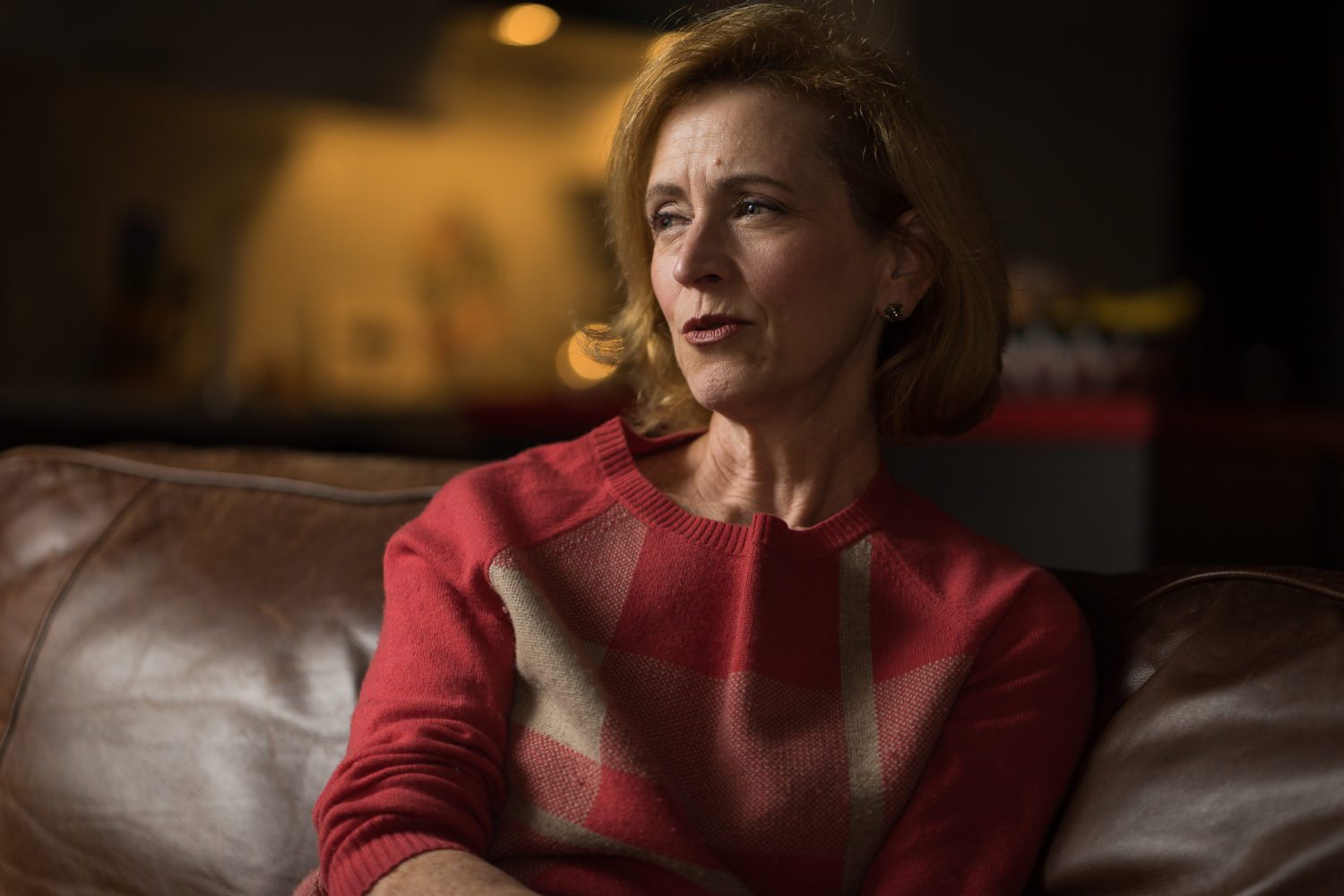
“I went back to school in 2008, the first year of the McMaster physician assistant program. I was at a point in my journalism career where I needed a change. I saw a press release from McMaster and thought, ‘What the hell is a physician assistant?’
“At first I was just thinking of doing a story on it, but when I realized that it was like a mini medical school, I decided to apply. My ulterior motive was to get away for two years to study medicine in a condensed way, and then go back to the CBC refreshed or maybe parlay it into a teaching position at Ryerson.”
It was a total shock to get into the program. I didn’t have a science background, so I had to work my ass off. Being a reporter, you are handed an assignment every day and you have to become an instant expert on that topic. So, that’s sort of the approach I took to anatomy, pathophysiology and all the rest of it.
“The second year was a series of rotations in different hospitals and that’s when I really started to think about actually working as a PA. I had been in hospitals many times as a journalist interviewing physicians and patients. But this was different. I really enjoyed talking to patients when they were so vulnerable; asking them questions about their symptoms and their history, their childhood and their disappointments along the way. At the end of the two years when I graduated, my friends at the CBC were still pretty miserable and they said to me, ‘Don’t come back! You’d be crazy.’”
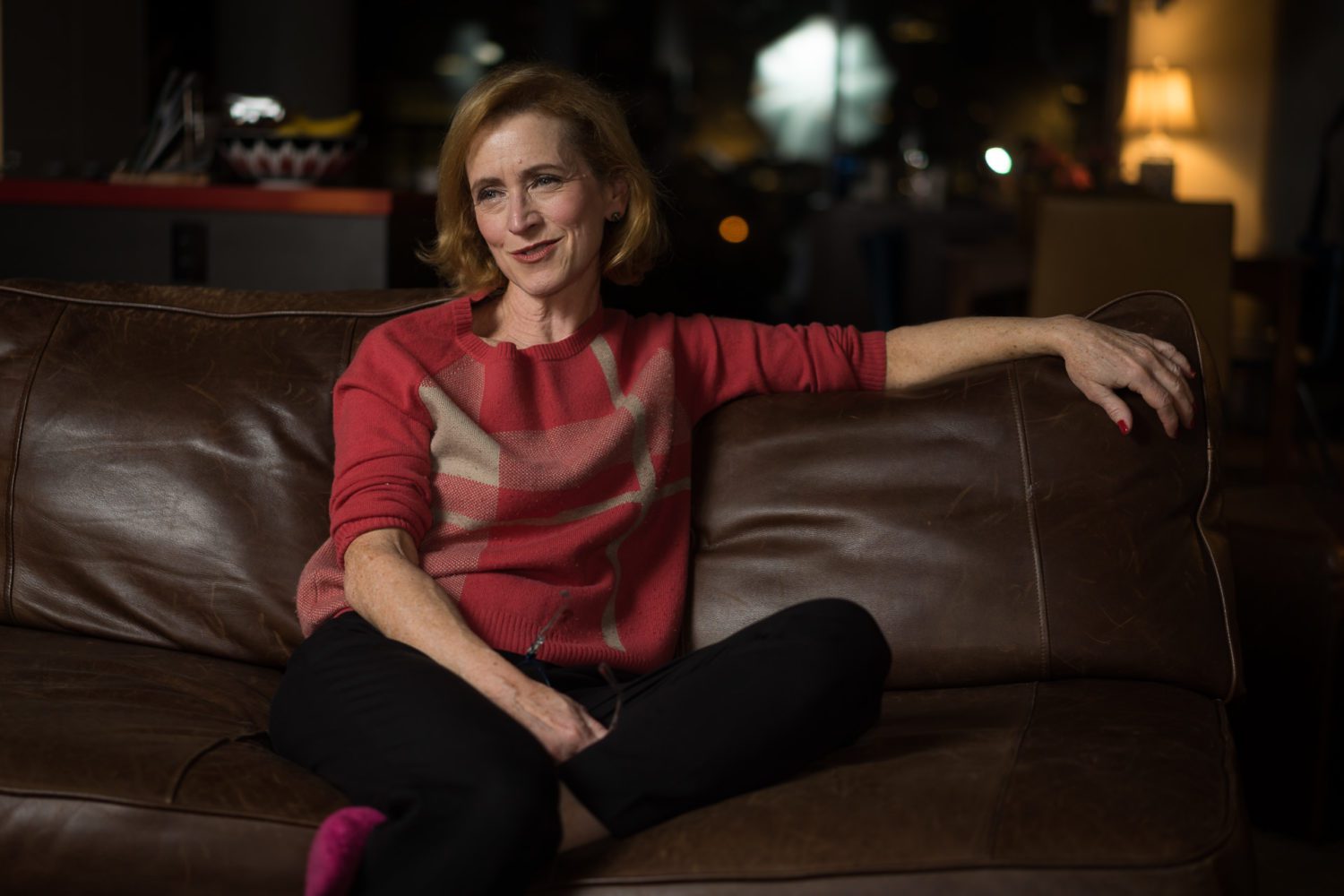
As a journalist I did a lot of stories about patients who were dissatisfied with long wait times or people unable to access quasi-experimental cancer drugs that were approved in the States but weren’t available or paid for in Ontario. Most of the stories I did were, ‘We are not treating enough.’
“Now that I am on the other side, I understand more about evidence-based medicine and how a new treatment can have side effects that are worse than not getting the treatment. And I understand that sometimes the best thing to do is not to start antibiotics, or to take people off some drugs. I understand a little more about how the healthcare system has to pick and choose, and sometimes ration.”
“There was lots of pressure to do stories on homeopathy, naturopathy and those sorts of things, because they get readers. Many story ideas come from journalists’ own personal experiences. So they would think, ‘My mother-in-law is on this shark cartilage for her osteoarthritis and its working great. Let’s do a story on that.’”
“Journalists want to comfort the afflicted and afflict the comfortable. They are fairly cynical about doctors because they are powerful. So, they can become conspiracy theorists almost – doctors are in the pocket of drug companies and therefore they are going to push their medicines and won’t allow patients to take something natural because there’s no money in it for them. Some of that is true but not to the extent they think. That was one of the reasons I had to get out. I am glad I don’t have to have those fights with editors anymore.”
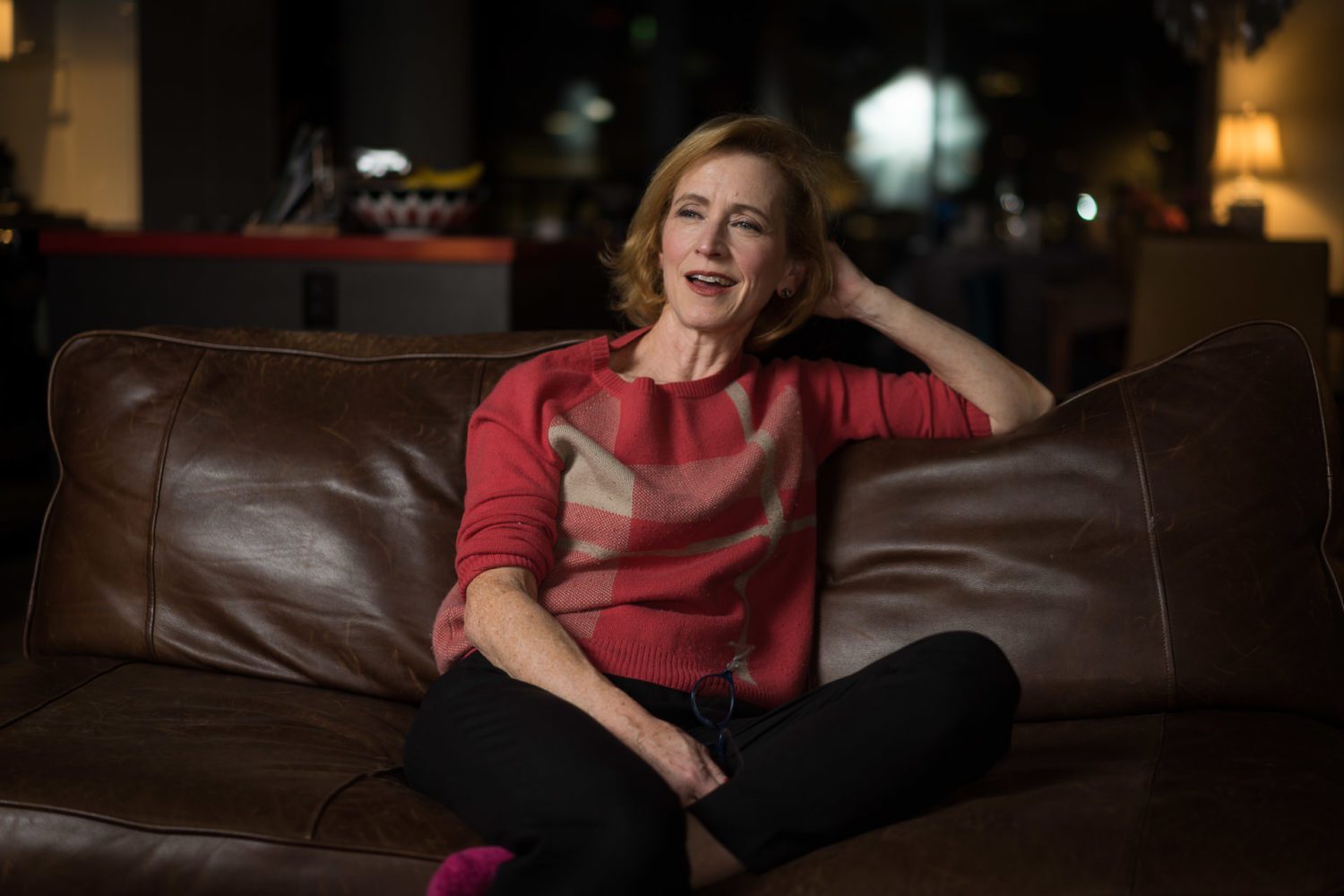
“One of my biggest frustrations as a PA is that it’s very difficult to give my patients who are socially marginalized a care plan that’s realistic.”
People are fiercely independent and are struggling to stay in their own home, and we simply don’t have enough supports for them there. I wonder if we will ever have the money to do that. I see them coming back into the hospital over and over again.
“Recently we admitted a man in his late 80s who was very sick. He was the primary caregiver for his wife who had dementia. The admitting physician felt he had no choice but to admit his wife as well, because they had no children, and there was nobody to look after her at home. So, we admitted the two of them together! He was so happy looking across the room and seeing that she was taken care of.”
“Unfortunately, it didn’t end well because he died about a month later. But it felt good to work at a hospital that did that for them.”
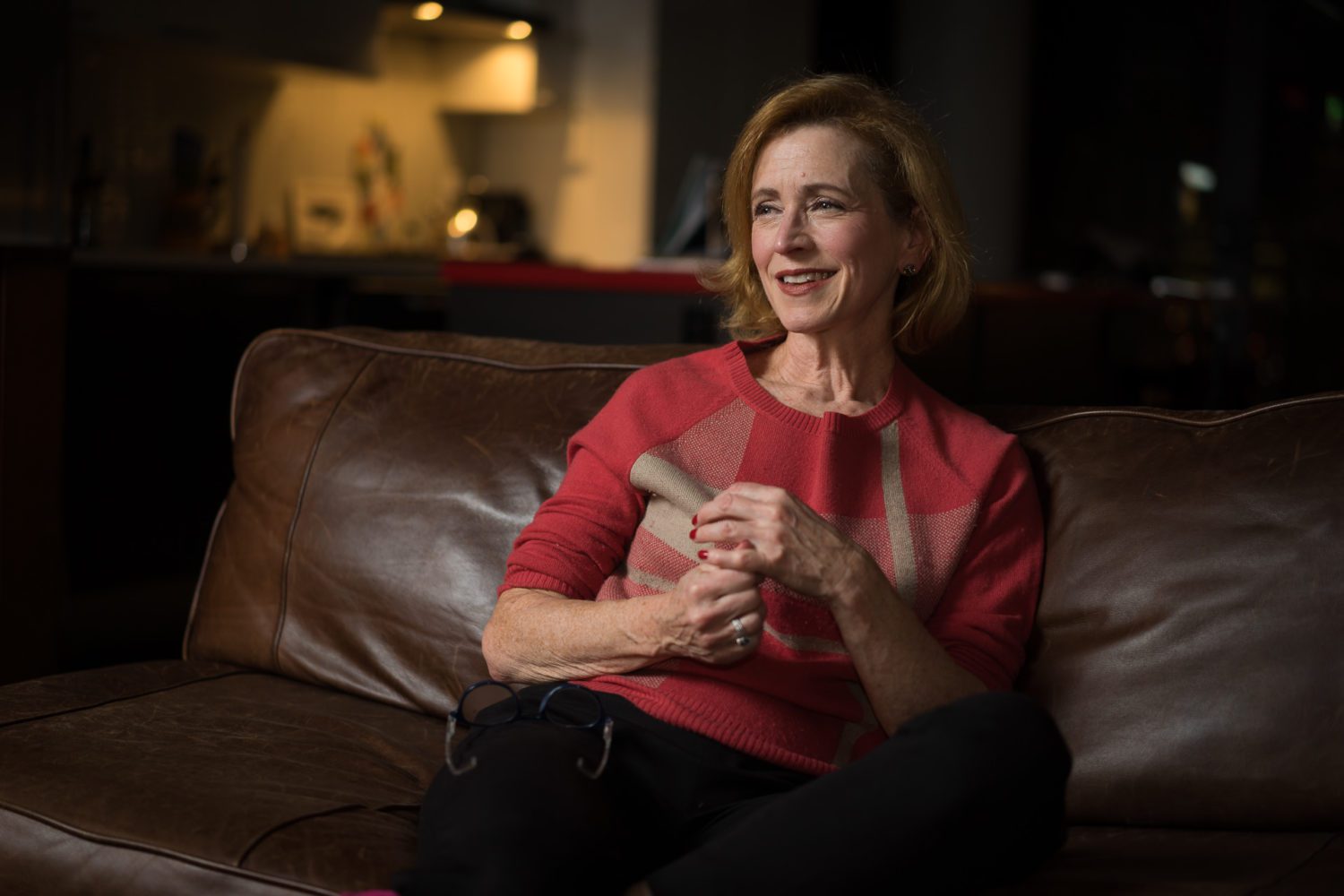
Are there patients whose stories have really influenced you?
“People in whom I almost missed something really important, and the near misses. I remember a woman who came into emerg and her chief complaint was that it felt funny when she petted her dog. It was about 10 at night and I picked up her chart and thought, ‘Oh God, this is going to be nothing.’”
“After I had talked to her and examined her, I told her I thought it was unlikely that there was anything serious going on. I asked her if there was anything she was really scared about. She said her father died of a brain tumor. She also mentioned that she couldn’t undo her bra anymore. I wasn’t sure how to interpret that.”
“I told my physician the story, and he could tell I was struggling with whether to discharge her or do a CT scan, mostly to reassure her and myself. I decided to order the CT scan, and she had a big brain cancer! She thought I was God for finding it, but she didn’t know how close I came to dismissing her as somebody who had non-specific complaints.”
“I ordered the wrong dose of an important medication once. It all turned out well, and we discussed the lack of communication that had occurred, which is almost always responsible for these medication errors. It’s humbling right?”
When I made a mistake as a journalist, Peter Mansbridge had to go on air and correct my story. That happened to me once and it was awful. But when you make a mistake in medicine, the consequences can be life and death. So, that’s a heavy burden and it’s really humbling.
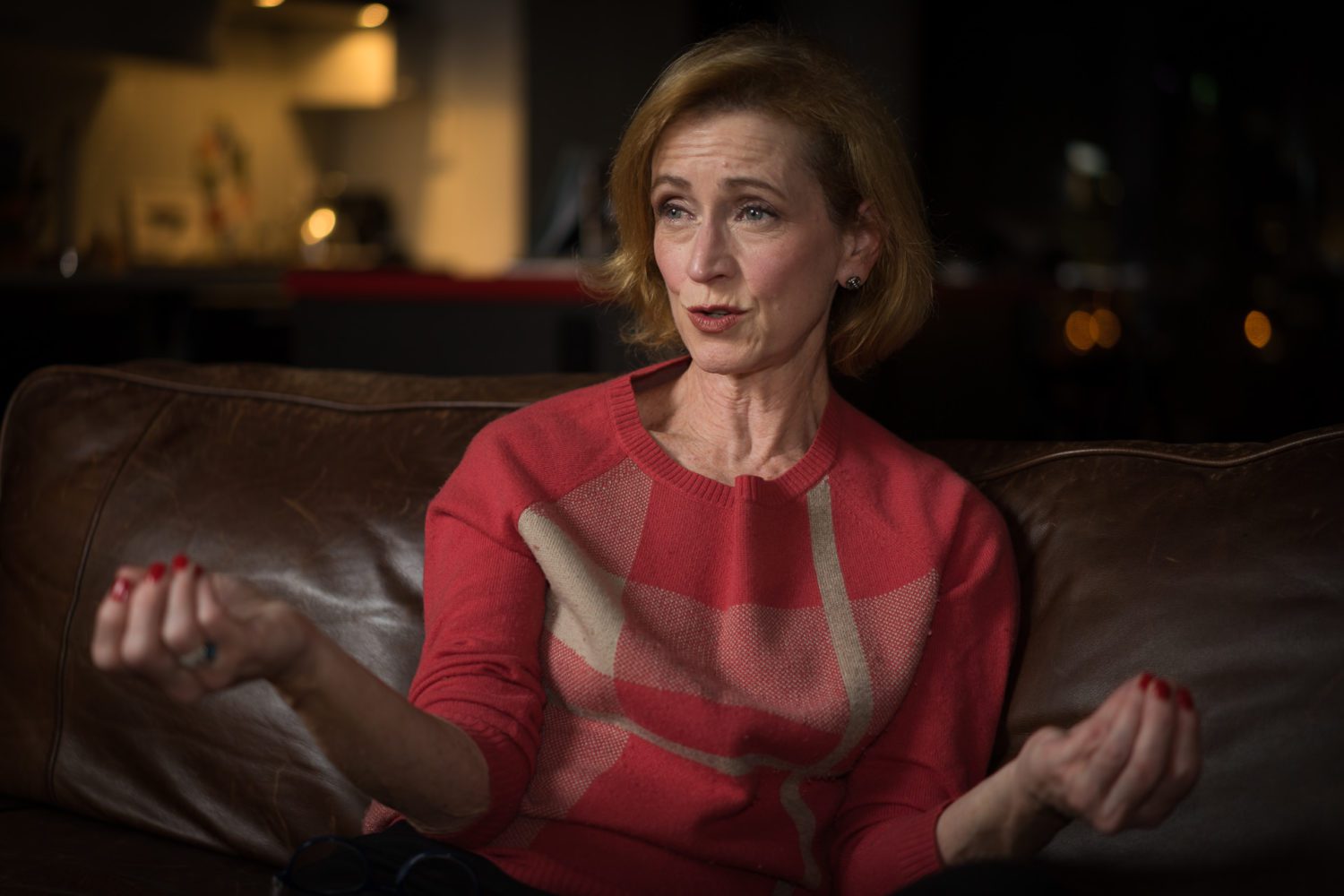
Is there tension between nurse practitioners and physician assistants?
“If you read the press releases from the associations and unions you might think that. But on the ground that is not my experience. As an infectious disease PA, I interact with nurse practitioners who are in respirology, oncology and geriatric services, and we have a fantastic relationship. We communicate on a level separate from our supervising physicians. We text each other all the time about patients we have in common, and we support each other. We are talking about setting up a PA and NP journal club at the hospital. If we don’t do that, we are at least going to go to a bar and have drinks together.”
I understand it’s the role of unions and associations to protect turf, but at the end of the day we all want to do a great job looking after patients, and the interactions have been really positive.
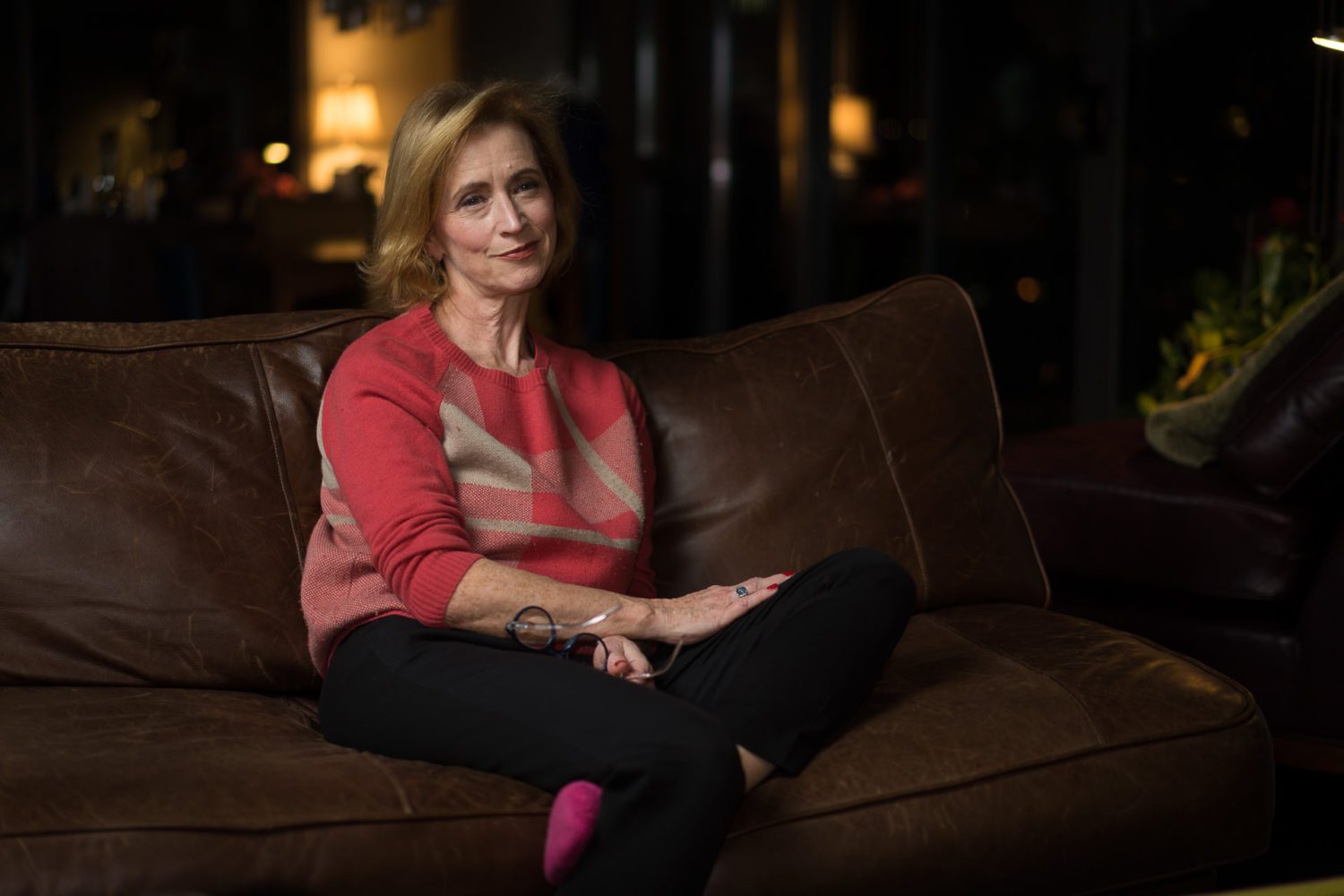
“Our government started the PA program in Ontario but they have done nothing about regulating us or making it clear how we are to be paid. If we’re going to be paid like nurse practitioners out of the hospital budget, then say that. If physicians are going to have to pay us out of their pocket, then they should be able to bill for what we do. These issues are a source of frustration for our national organization, and they think that if we get the word out about how good PAs are, these things will be addressed.”
“But I am like, ‘No! We don’t have the power that the nurses’ union has. They bring a lot of votes. We will never have that power while we are so small.’ I was a journalist for a long time and I think I understand how governments work. They pay attention to voters at election time, but in between they pay attention to the media. I think PAs should go to the media and say, ‘Here’s a government who started a program and have invested millions of dollars in it. If PAs are being laid off, is it a good use of taxpayers’ dollars sending them to school?’”
“But nobody wants to ruffle the feathers of the government. They think they will punish us for the media attention. Whereas I know as a journalist that’s not how it’s likely to work. They won’t punish us. It will finally get their attention.”
But I can’t fight those battles anymore. I am fighting another battle – about increasing access to medically assisted death. So I just do my little job, keep my head above water, and try to spread the word that I think PAs are great and we are doing a good job.
“But I don’t know what to say to people who tell me they are considering the PA program. I really don’t know what to tell them. I am nervous about the future of PAs in Ontario.”
Maureen is an editor at Healthy Debate.


The comments section is closed.